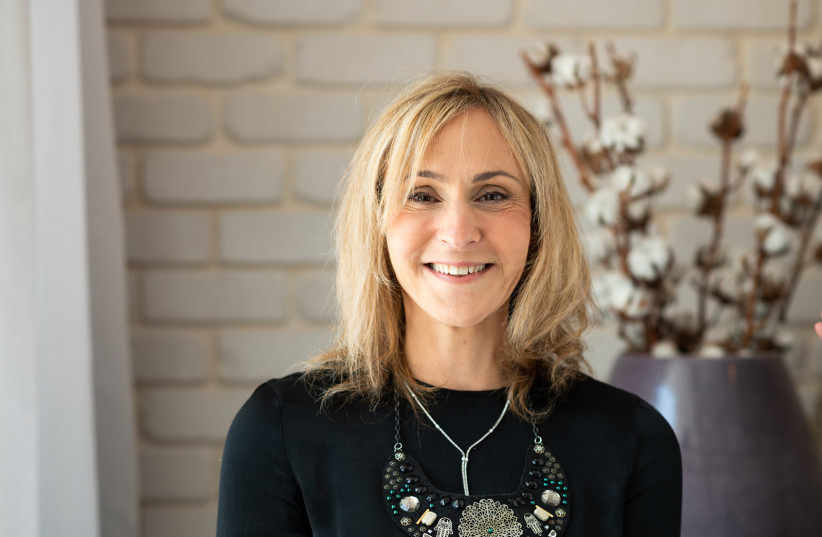As corona threatens once again to cause major changes to daily life, people with autism and their families are still struggling to overcome the damage done by the previous lockdowns, and to patch up the problems that existed in the health, social welfare and education systems serving people with autism even before the virus came along.
“It’s an endless challenge,” said Tzipi Nagel-Edelstein, director of the Association for Children at Risk – Autism Treatment and Research Center, which runs more than 350 educational frameworks in Israel. “We don’t have enough psychologists, enough occupational therapists and speech therapists.”
Around 600 openings for paraprofessionals have not been filled in the organization’s programs, she said, adding that the crisis is severe throughout the country and even more so in the periphery.
While the number of children diagnosed with autism increases every year – an ongoing trend for decades – the shortage of paraprofessionals, including speech and occupational therapists, deepens. Children in educational frameworks such as communication preschools and communication classes, which are supposed to provide specialized support for children with autism, do not receive all the services to which they are entitled by law.
“These children are not receiving appropriate treatments that will enable them to reach their potential,” said Nagel-Edelstein.
Despite a recently published government report noting the shortage of paraprofessionals in schools, money was given to health funds as an incentive to cut down on waiting times for children to see paraprofessionals but was not given to other frameworks, according to Nagel-Edelstein.

What her organization is asking from the new government is to receive the funding for the services that are already in the budget, and to increase the amounts paid to paraprofessionals. These paraprofessionals receive years of rigorous training, and they should be able to receive adequate compensation for their skills, she said. Many professionals choose not to work in the public sector and instead see patients privately because of financial considerations.
“We’ve had such a tough year, with children forced to stay home and learn on Zoom some of the time – which is sometimes simply impossible for children with autism – and at other times, teachers could not get to school even though the Special Education system was open [because] they had to stay home with their own children, who were not in school,” she said. “Any disruption in routine is difficult on all children, but for children with autism, it can be devastating.”
Before the system is overwhelmed by a new coronavirus wave, she pleaded, “just give the children the basic services they need!”
One mother of a five-year-old boy in the Special Education system said that “there is no speech therapist in my son’s preschool and there is supposed to be. Not only does he not get the sessions he should be getting, but the staff also doesn’t get the supervision that they need. They get some training in speech therapy, of course, but they are not speech-language pathologists.”
When the parents in the preschool asked for a meeting with the supervisor of the preschool, the mother said that this supervisor responded by saying, “‘What are you so worried about?’ Well, we are worried because our children can’t talk or can barely talk, and are not receiving speech therapy.”
What this shortage means in practice is that the wealthier families are able to get their children’s speech therapy privately, but poorer families cannot, although there is even a shortage of speech therapists working privately.
“Even though we are not poor, if our son is entitled to speech therapy in school, he should get it,” the mother said. “The attitude is, ‘You can pay for it privately, what are you whining about?’ It’s as if the principal of a mainstream school told parents, ‘There’s no need for a first-grade teacher, get your kid a private tutor so he learns reading and math.’”
